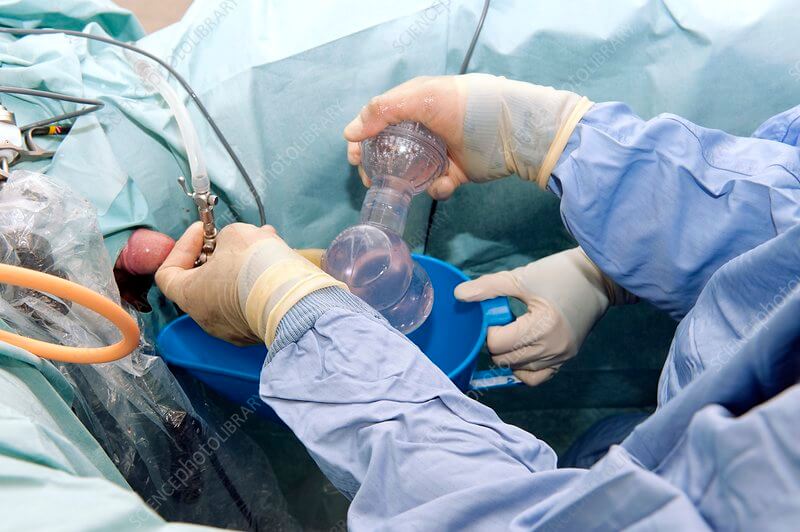Bladder cancer is the cancer that begins in the cells of the urinary bladder wall and grows uncontrolled from there. Most often, the urothelial cells that line the inside of the bladder are involved. These urothelial cells are located in the kidneys and ureters also, but most often they cause the cancer of the bladder. Many risk factors are associated with this type of cancer. To evaluate your risk of this cancer, get help from healthcare provider like urologist in Islamabad.
Risk factors of bladder cancer:
Smoking is a major risk factor for bladder cancer. Cigarette, cigar and pipe smoke contains harmful chemicals that are filtered by the kidneys and they accumulate in the urine. Once the bladder walls come in contact with these chemicals, the damage they induce can increase the risk of cancer. Smokers, both men and women, are three times more likely to get bladder cancer in comparison to non-smokers.
Exposure to certain chemicals like those used in the manufacturing of dyes (exposure to aromatic amines), textiles, leather, paint products, and rubber are all risk factors for urinary bladder cancer. Workers who are at higher risk include: hair dressers (due to exposure to dyes), machinists, painters, workers of printing companies and truck drivers (exposure to diesel fumes).
These chemicals move into the bloodstream and are then filtered by the kidney. Once they accumulate in the bladder, they can damage the urothelial cells and cause their mutation. Arsenic exposure is also associated with increased risk of cancer.
Men are more likely than women to get bladder cancer.
Previous history of cancer especially those involving treatment with anti-cancer drugs like cyclophosphamide. Cyclophosphamide is from amongst the alkylating agents, which is used alone or with other drugs to treat Hodgkin’s and non-Hodgkin’s lymphoma, cutaneous T-cell lymphoma, leukemias, and multiple myeloma. Treatment with this drug is a risk in itself of another type of cancer.
People who received radiation therapy aimed at the pelvis also are at higher risk of mutated cells of the urinary bladder. These mutated cells can multiply at an uncontrolled rate in the future into cancerous growths.
Chronic inflammatory condition of the bladder such as those due to repeated urinary infections, cystitis and parasitic infections (schistosomiasis) also predispose the bladder to developing cancer—especially the squamous cell bladder cancer.
Medication such as pioglitazone is also linked to increased risk of bladder cancer. According to the US Food and Drugs Administration (FDA) this drug, which was used to treat diabetes, predisposed the users to cancer, especially when used in higher doses.
Other drugs like dietary supplements with aristolochic acid also are notorious carcinogens.
Arsenic is often found in unclean drinking water in certain parts of the world—especially the developing countries. Arsenic has long been linked to cancer risk and any kind of exposure, be it drinking water or in any other form, can magnify the risk.
Birth defects such as persistent urachus is also linked to risk of bladder cancer. Urachus is part of the bladder that is connected to the belly button or umbilicus. Normally, the urachus obliterates; if it persists, it can become cancerous later on in life.
Even though there is no way to prevent bladder cancer, there are certain steps that can be taken to mitigate this risk. For a disease-free lifestyle adopt healthy approaches, like cessation of smoking, eating a healthy diet and following the instructions of your healthcare provider or Best urologist in Lahore.


